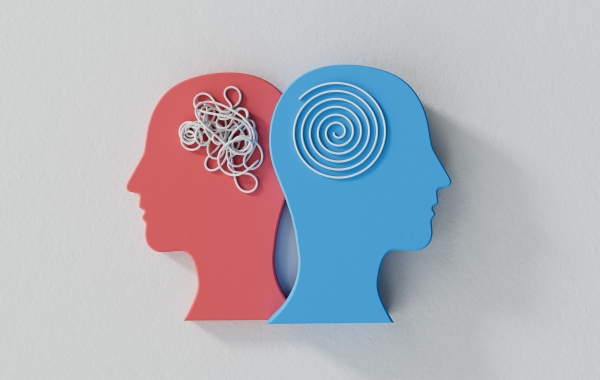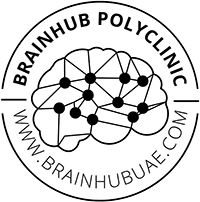What are Behavioral Disorders and Behavioral Therapy

In the vast landscape of brain health and mental well-being, the term “behavioral therapy” often comes up. But what exactly is it, and how does it work? At BrainHub, a leading neuroscience center in Dubai, UAE, we are dedicated to unraveling the intricacies of behavioral therapy, exploring its potential, and offering novel non-drug solutions to various mental health challenges. So, let’s delve into the fascinating world of behavioral therapy and understand its role in promoting optimal brain health.
What are Behavioral Disorders?
Before we dive into the depths of behavioral therapy, let’s first grasp the concept of behavioral disorders. Behavioral disorders, also referred to as emotional and behavioral disorders, encompass a range of conditions that impact an individual’s behavior, emotions, and ability to function effectively in daily life. These disorders can manifest in various ways, affecting a person’s relationships, work, and overall quality of life.
Examples of Behavioral Disorders
To provide a clearer picture, let’s delve into some examples of common behavioral disorders:
Anxiety Disorders
Anxiety disorders, like generalized anxiety disorder, social anxiety disorder, and panic disorder, are characterized by excessive worry, fear, and apprehension. These conditions can be debilitating, impacting one’s ability to function in various social and professional situations.
Depression
Depression is a mood disorder that can lead to persistent feelings of sadness, hopelessness, and a loss of interest in activities once enjoyed. It can affect one’s energy levels, sleep patterns, and overall outlook on life.

Obsessive-Compulsive Disorders (OCD)
OCD is marked by the presence of intrusive, unwanted thoughts (obsessions) and repetitive behaviors or mental acts (compulsions). Individuals with OCD often struggle with controlling these thoughts and behaviors.
Phobias
Phobias are intense, irrational fears of specific objects or situations, such as heights, spiders, or flying. These fears can trigger anxiety and avoidance behaviors.
The Role of Behavioral Therapy
Behavioral therapy, also known as cognitive-behavioral therapy (CBT), is a well-established approach for addressing behavioral disorders. It’s based on the idea that our thoughts, feelings, and behaviors are interconnected and can influence one another. Here’s how it works:
Identifying Negative Thought Patterns
In the first step, a qualified therapist works with the individual to identify negative thought patterns and beliefs that contribute to their behavioral disorder. For example, someone with social anxiety might have irrational thoughts like, “I will embarrass myself in public.”
Challenging and Restructuring Thoughts
Once these negative thoughts are identified, the therapist helps the individual challenge and restructure them. They encourage a more realistic and balanced perspective. In the case of social anxiety, the therapist might help the individual recognize that not everyone is judging them harshly.
Behavioral Modification
Behavioral therapy also involves practical exercises and techniques to modify behaviors associated with the disorder. For instance, individuals with OCD may gradually expose themselves to situations that trigger their compulsions and learn to resist the urge to engage in these behaviors.
Coping Strategies
Patients are taught coping strategies to manage their symptoms. These strategies empower individuals to handle challenging situations, reduce anxiety, and improve their overall well-being.

BrainHub: Your Solution for Behavioral Disorders
At BrainHub PolyClinic, we understand the complexities of behavioral disorders and their impact on your life. Our team of certified physicians, neuroscientists, and allied health professionals is dedicated to offering comprehensive solutions for behavioral and emotional health issues.
Stress Management
Mood Disorder Treatment
Obsessive Compulsive Disorders Treatment
Phobias Treatment
Source: What are Behavioral Disorders and Behavioral Therapy


)

مشاهده نظرات بیشتر...